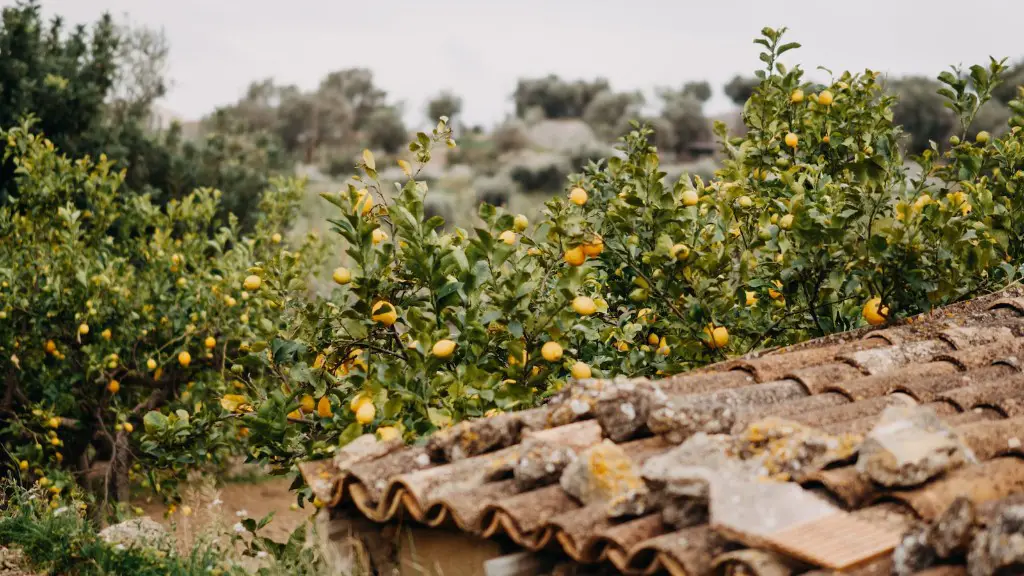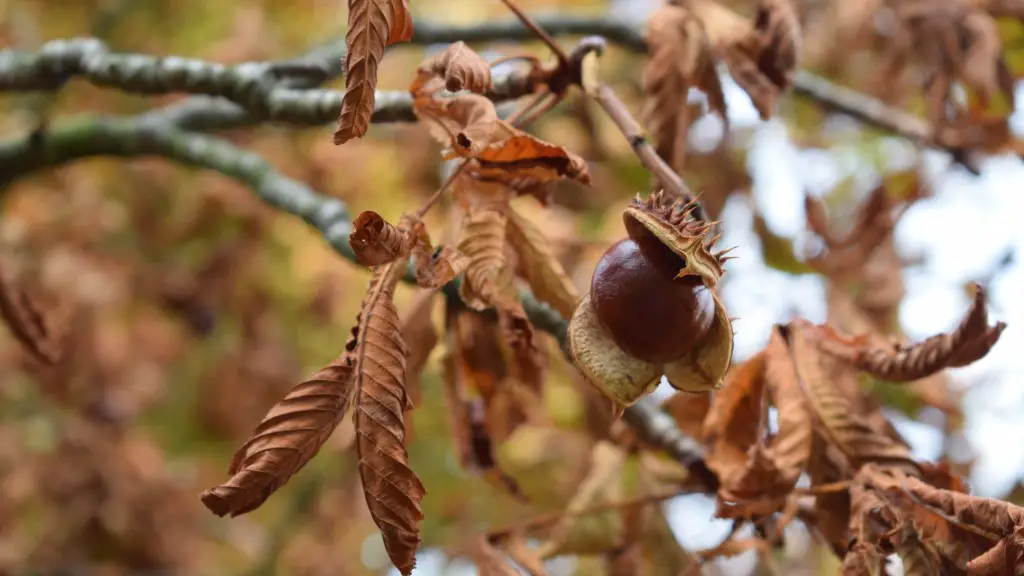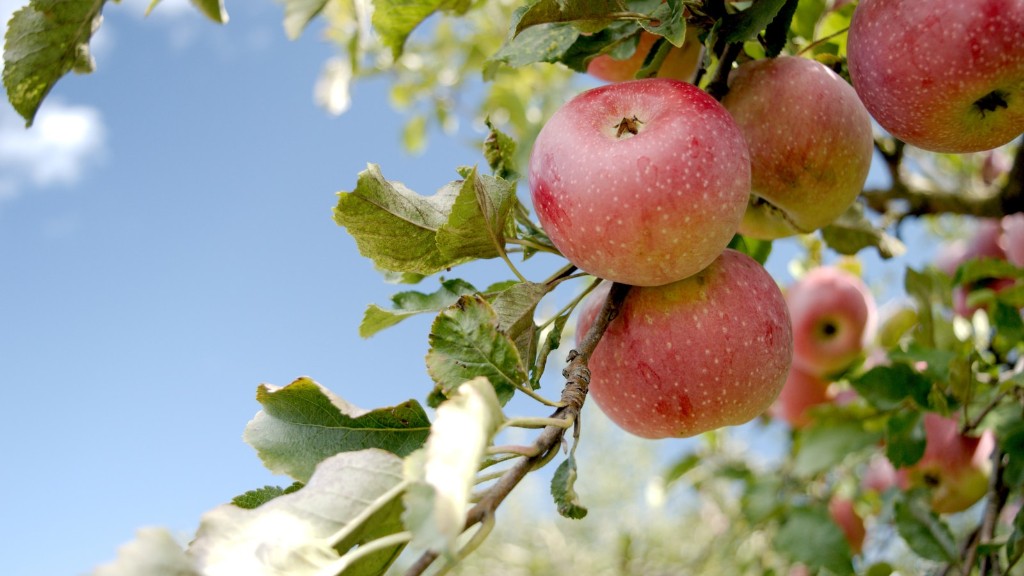When it comes to lemon trees, there are a variety of reasons why they might not produce fruit. It could be that the tree is not getting enough sunlight, the soil isn’t rich enough, or the tree is simply too young. If you’re taking care of a lemon tree and it’s not bearing fruit, don’t despair—with a little TLC, your tree will likely start producing the juicy lemons you’ve been waiting for.
There are several reasons why a lemon tree may not produce fruit. Some common reasons include: lack of pollination, inadequate nutrition, stress, and disease. Without pollination, the tree will not produce fruit. If the tree is not getting enough nutrients, it may also struggle to produce fruit. Stress and disease can also prevent a lemon tree from bearing fruit. If you suspect any of these issues, you should consult with a lemon tree expert to determine the best course of action.
Why is my lemon tree not bearing fruit?
If your lemon tree is not bearing fruit, it could be for a number of reasons. Poor watering practices, poor cultivating practices, incorrect temperature, insufficient light, lack of nutrients in the soil, disease or pest infestation, and/or a bad rootstock can all be to blame. Lemon trees thrive the best in USDA zones 9-11.
You can help your lemon tree pollinate by lightly shaking the branches when the flowers are blooming. You can also use a small paintbrush or cotton swab to transfer pollen from the stamen (the male part of the flower) to the pistil (the female part of the flower).
Pruning is also important for indoor lemon trees. Pruning helps to promote new growth, which is important for bearing fruit. You should prune your lemon tree in late winter or early spring.
How do you get a lemon tree to bloom
Potted lemon trees should be kept in cooler temperatures, around 60 degrees Fahrenheit, for at least a few hours every day in the winter and early spring. This is because lemon trees are subtropical plants, and they will not bloom if they are in constantly warm climates. Cooler temperatures encourage the plant to bloom.
A lemon tree will reach a reproductive maturity in 3-5 years, resulting in fruit production. The tree will continue to bear fruit until its death.
Why does my lemon tree flower but not produce lemons?
Lemon trees are not tolerant of cold temperatures and can lose their blossoms without bearing fruit when exposed to the cold for extended periods of time. If you live in an area with cold winters, it is best to protect your lemon tree from the cold by covering it with a tarp or burlap sack. You can also try moving your lemon tree indoors during the winter months.
If you see a tree with yellow or cupped leaves, or leaves that don’t look perky AFTER watering, this can indicate that the tree has been overwatered and has soggy roots. To fix this, water the tree less often. Citrus trees prefer infrequent, deep watering to frequent, shallow sprinklings.
Are coffee grounds good for lemon trees?
Lemon trees benefit from the added nitrogen and calcium that coffee grounds provide. The organic material also improves the soil tilth. However, only use coffee grounds after they have fully decomposed in the compost pile – otherwise you may end up with a sour tree!
To pollinate lemon trees by hand, touch each flower with the tip of a paint brush or feather to gather the pollen, then brush each stigmas with it in turn. Lemon trees may not flower (or set fruit) before they’re five years old, so be patient.
What time of year do lemon trees produce fruit
Lemons are a fruit that does not have seasons in the way that we commonly think of them. Lemon trees begin to produce fruit somewhere between 4 months to one year after flowers blossom. This means that your lemon tree could be fruiting in any season. Typically, lemon trees will fruit in the winter.
This is a general-purpose insecticide that can be used on all fruit, citrus, and palm trees. It is effective against a wide variety of pests, including aphids, whiteflies, and scale insects.
Does Epsom salt help lemon trees?
If your lemon tree leaves are turning yellow, the most common cause is a lack of magnesium in the soil. You can correct magnesium deficiency by mixing 30g of Epsom Salts per litre of water (approximately 2 tablespoons), per tree.
Dear gardening friends,
We want to let you know that you can use Miracle-Gro Water Soluble All Purpose Plant Food on all trees and shrubs. This product is ideal for giving your plants the nutrients they need to grow strong and healthy.
How do you encourage fruit on a lemon tree
Here are some top tips for citrus trees:
– Five hours of sunshine a day is needed for maximum fruiting.
– In cold climates, plant the tree in spring, when the soil has warmed up. In warm areas, trees can also be planted in autumn.
– Citrus likes water but only if it drains quickly.
– Citrus trees don’t need pruning to fruit well.
Watering a newly potted lemon tree is essential every alternate day to ensure that the root ball gets hydration. Once the plant is somewhat established, however, watering can be tapered back to twice a week and then eventually just once a week.
Should you pick or cut lemons off the tree?
If you’re not sure if a lemon is ripe, cut one open to check. A ripe lemon will have lots of juice and firm flesh. Keep in mind that lemons are tart by nature, so leaving them on the tree won’t make them any sweeter.
In order to get blooms on your Meyer Lemon tree, you need to make sure it is comfortable. Under the proper care conditions, your citrus tree will have a ton of blossoms!
What is good fertilizer for lemon trees
Organic citrus fertilizer is the best lemon tree fertilizer for good reason. It’s a granular fertilizer with an NPK ratio of 6-3-3 that is applied three to four times per year, which is great for lemon trees. It also contains secondary nutrients like calcium, sulfur, zinc, and iron.
Lemon trees need a consistent watering schedule to stay healthy and happy. In general, they should be watered once a week or bi-weekly, depending on rainfall in your area or your humidity indoors. Checking the top 2 inches of soil is a good way to see if your lemon tree needs water.
Warp Up
There could be a few reasons why your lemon tree is not producing fruit. Depending on the variety of lemon tree, it may require another type of citrus tree nearby in order to fertilize it. The age of the tree could also be a factor, as young trees may not yet be old enough to produce fruit. Additionally, if the tree is not getting enough sunlight or water, this could affect its ability to produce fruit.
The most common reason why lemon trees do not produce fruit is because they are not getting enough sunlight. Lemon trees need at least eight hours of sunlight per day in order to produce fruit. If your lemon tree is not getting enough sunlight, you may need to move it to a sunny spot in your yard. In addition, lemon trees need to be fertilized regularly in order to produce fruit. If you are not fertilizing your lemon tree, you should start doing so.





